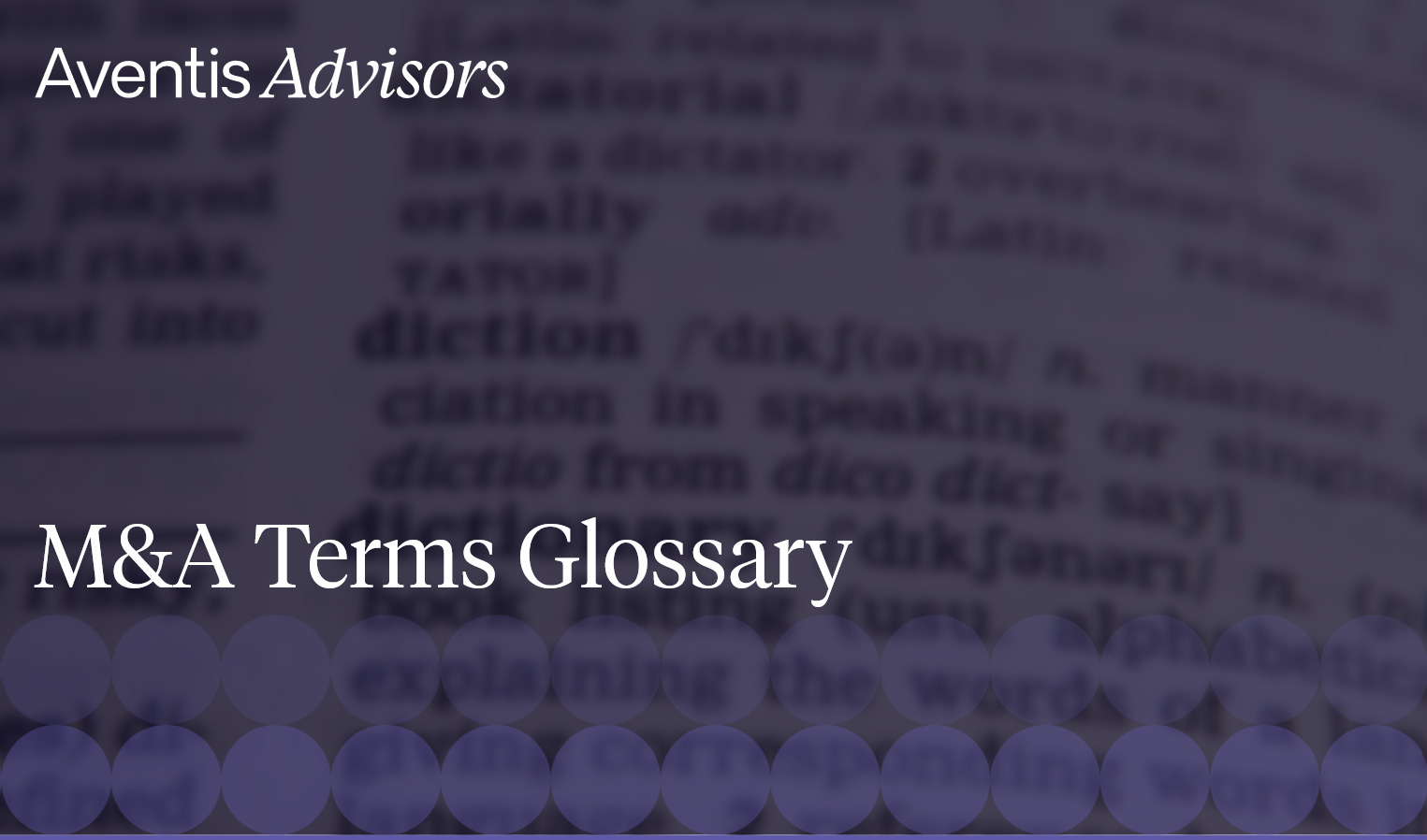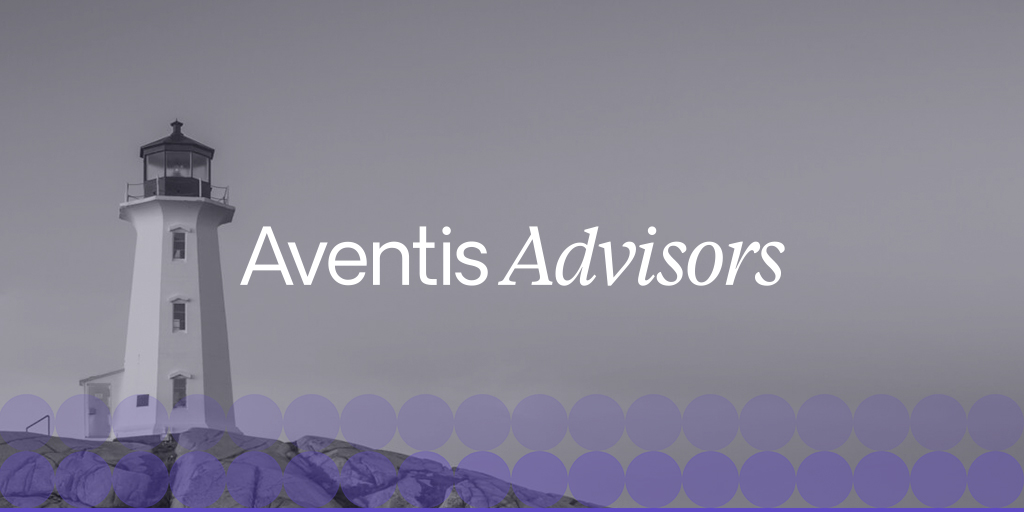The due diligence process is a critical part of any M&A transaction. It allows investors to verify the financial and legal documentation of a company, as well as any tax implications. This due diligence is essential in order to protect the interests of the investor. Private equity firms, in particular, place a great deal of importance on due diligence. This is because they are often investing large sums of money into a company and want to be sure that there are no hidden risks. For this reason, due diligence is an essential tool for any investor looking to acquire or invest in a company.
As a seller, it’s important to protect your own interests during the due diligence process. Though due diligence is typically seen as a way for the buyer to assess the risks of the transaction, it’s also an opportunity for the seller to showcase the business in the best light possible. By being honest and upfront about any potential issues, the seller can help to create a fair and accurate picture of the company. In addition, by making sure that all reps and warranties are accurate, the seller can help to minimize potential liability down the road. Ultimately, due diligence is a two-way street, and by taking care of your own interests, you can help to ensure a smooth and successful transaction.
Going about due diligence
Due diligence is not as hard as it seems – it just requires good preparation and addressing problems ahead of time. Due diligence journey can be much easier and more efficient if you have the right approach and tools. Read our short guide to learn how to go through due diligence and, at the same time, stay focused on running your business.
When planning for due diligence, you should take into account the three main focus areas: Planning, People and Tools.
Planning
It is a time-consuming process that requires a lot of documentation and preparation. A solid plan for due diligence, prepared about a month in advance, will help you go through it more smoothly and improves the likelihood of the deal closing.
- Have a good understanding of what you have to prepare and thoroughly explain the process to the team involved.
- Start collecting older documentation in advance – it may require contacting your past service providers and employees.
- Scan the documents available in paper form only.
- Distribute the tasks between team members.
- Have weekly progress reviews to assess work results and identify possible issues.
People
The most important thing is to gather a team to tackle due diligence. It is an essential and time-sensitive task for any M&A process, so it needs to be handled as a top priority.
First and foremost, you should appoint a project manager who will coordinate various due diligence streams and liaise with your M&A advisors and consultants conducting due diligence. It is a crucial role, so you should carefully pick the person responsible.
The project manager would closely cooperate with all the company departments to collect relevant data. The people involved would typically be:
- CFO/Accounting department: providing monthly P&L and balance sheets, budgets, revenue breakdowns, AP & AR aging, monthly tax returns (income, payroll, VAT social security); answering investor’s questions regarding trends and outliers in the financial numbers.
- Head of Sales: describing Sales & Marketing KPIs, current sales pipeline, marketing materials, contracts with crucial customers.
- Head of Technology: describing technology stack, product architecture, security; running deep-dive tech sessions with investor’s technology consultants.
- Head of HR: providing lists of employees, organizational charts, salary and bonus policies, payroll data.
- Legal counsel: providing articles of association, material sales and purchase agreements, standard employment contracts, intellectual property, and GDPR.
In our recent article, you can also learn more about motivating your team to maximize the chances of success in M&A.
Tools
One of the essential steps in preparing for due diligence is reviewing and organizing your company’s information. It includes everything from bookkeeping entries, employment agreements, and intellectual property to customer contracts, and it can be daunting if you haven’t organized your data properly. However, there are plenty of tools for entrepreneurs to improve their journey:
- A good scanner is the biggest friend when preparing due diligence, as you will need to digitize many documents that are often available in paper form.
- Cloud storage will keep your company’s data available and accessible. Used properly ensures the safety and enables easy access management.
- Virtual Data Room (VDR) is a class of software dedicated to M&A transactions, IPOs, investments, and other similar processes. It is designed to facilitate due diligence workflows – it maintains the highest security standards while facilitating the exchange of documents and includes a dedicated module for QA sessions.
- Due diligence tracker – have all questions in one place, track the status so that nothing falls through, best in a shared cloud file, so all the team members can collaborate and see progress in real time
- An emerging technology for simplifying and making due diligence easier is the application of Artificial Intelligence, which promises to make collecting, processing, and analyzing all company data automatic. Although still in its early stages, we believe that it will dramatically change due diligence in the next few years.
Five ways how M&A advisors can help you in due diligence
Checklists can be helpful for a start, but if you want to go smoothly through the due diligence and don’t disrupt your everyday business, you should think about professional advisors you can cooperate with. A partner like Aventis Advisors can help you in at least five main areas.
1. Organizing your team to handle requests and questions
You don’t have to be on call the whole time. Having a trusted advisor saves you time and, to always get straight to the point when addressing investors’ requests. Thanks to having an external party involved, it’s also easier to maintain the confidentiality of the M&A process.
2. Helping collect documents and review for potential red flags
An M&A advisor on your side will support you in completing the documents. They will notice a problem sooner, giving you time to deal with it. Nevertheless, any deficiencies in the documentation may give rise to subsequent investor claims. Proper preparation will help you avoid them or minimize their number.
3. Finding solutions for potential issues
Problems you can’t resolve immediately by restoring documentation need another quick fix, and experienced advisors can help you with it. With many transactions under their belt, they know what to expect and how to address common due diligence issues.
4. Managing Q&A
Before Q&A starts, it is good to know what questions to expect – a professional can help with this. In addition, many of the issues raised in the questions from the investor will require feedback from different departments, with varying degrees of detail, so it is good to have an experienced M&A advisor who watches over the whole thing.
5. Post due diligence negotiation
Due diligence results are needed for two main things, adjustment to deal terms and input to SPA (Share Purchase Agreement). In both cases, professional advice can be very valuable.
- Adjustment to deal terms (if any) – In some cases, during due diligence, significant problems can be discovered. They will probably influence deal terms, and you will need help in assessing whether this is valid or not and whether you should accept the new terms of the deal.
- SPA negotiations – Many of the terms of the SPA will be based on risks identified in due diligence. With this in mind, it is better to ensure the best possible results and use the advisor’s help during negotiations.
The essence of due diligence is to get to know the other party to the deal and help the parties get the deal done. However, it is worth remembering that the role of an M&A advisor does not end with due diligence. It applies to the entire transaction.
It’s not only their experience with due diligence but also about communication with your employees. With know-how from an M&A advisor, who has already conducted a few similar due diligence journeys, time prediction is much easier, and work time planning is more realistic.
Due diligence is not about being perfect
If you are concerned that during the process something is going to come up, stop because it most likely will. That is nothing unusual; furthermore – companies with no weak points can discourage investors because their stories are too good to be true. In real life, nothing’s perfect, and neither is your company. The good news is that even if something comes up, you can still do a lot about it. Due diligence is not just spotting the weakness but addressing it and taking care of it. If those things didn’t stop you from succeeding and developing your business, they would not stop you when you are stronger and have investors’ support.
The whole point of having a business is to face the problem and bring people a solution, so you are probably capable of this. The only difference is that after due diligence, you and your partner will know your challenges better.
If you want to see how we can help you, check out our case studies and testimonials.
About Aventis Advisors
Aventis Advisors is an M&A advisor focusing on technology and growth companies. We believe the world would be better off with fewer (but better quality) M&A deals done at the right moment for the company and its owners. Our goal is to provide honest, insight-driven advice, clearly laying out all the options for our clients – including the one to keep the status quo.
Get in touch with us to discuss how much your business could be worth and how to maximize the valuation.





